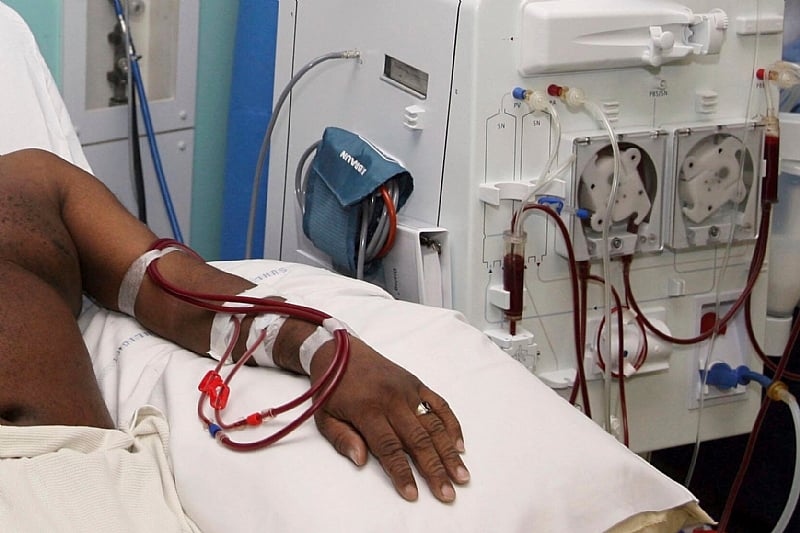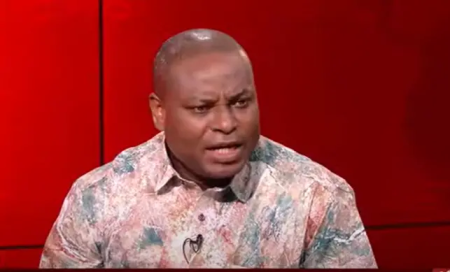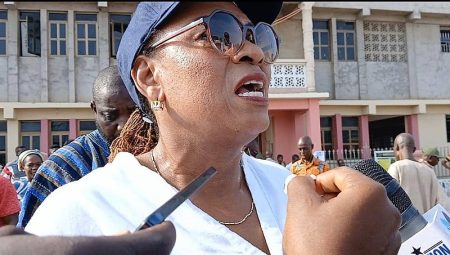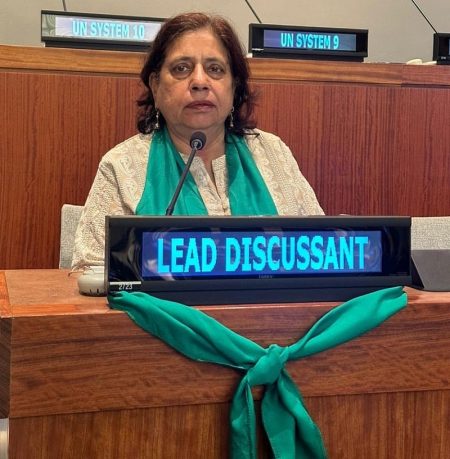The Cape Coast Teaching Hospital (CCTH) is grappling with a severe crisis in its dialysis service provision, a situation that mirrors the broader challenges facing dialysis care in Ghana. Dr. Eric Kofi Ngyedu, CEO of CCTH, highlighted the stark disparity between the high demand for dialysis and the limited capacity of existing facilities. This imbalance results in many patients struggling to access the life-saving treatment they desperately need. The financial strain on both patients and the healthcare system is immense, with the high cost of dialysis presenting a formidable barrier to care. Dr. Ngyedu emphasized the urgent need for increased support and funding to alleviate the financial burden on dialysis patients and ensure the long-term sustainability of dialysis services. His appeal for assistance came during a working visit by the Parliamentary Select Committee on Health, offering an opportunity to showcase the hospital’s struggles and advocate for systemic change.
The multifaceted challenges plaguing the dialysis unit at CCTH extend beyond mere financial constraints. Dr. Ngyedu pointed to outdated equipment, some of which is over four decades old, as a significant impediment to providing effective care. This aging infrastructure underscores the chronic underinvestment in healthcare resources and the pressing need for modernization. Coupled with the high demand, these outdated machines strain the capacity of the unit and compromise the quality of care provided. While the hospital management is actively working to expand services and secure funding for upgrades, the scale of the problem necessitates a broader, national-level intervention to address the root causes of the crisis.
The financial burden on patients remains a critical concern. Even with subsidized dialysis services provided by the hospital, the cost remains substantial for many individuals, putting life-saving treatment out of reach. This financial barrier forces difficult choices upon patients and their families, often delaying or forgoing essential treatment. The CEO stressed the importance of finding sustainable solutions to make dialysis more affordable and accessible to all who need it. This involves not only subsidizing treatment costs but also exploring innovative financing mechanisms and expanding insurance coverage for dialysis services.
The CCTH’s commitment to addressing the dialysis crisis is evident in its proactive engagement with stakeholders. The hospital is actively seeking collaborations and partnerships to secure the necessary funding and support to revitalize its dialysis unit. This includes engaging with government agencies, non-profit organizations, and international partners to explore potential funding sources and share best practices. The ultimate goal is to provide high-quality dialysis care that improves patient outcomes and contributes to a healthier community. This requires a multi-pronged approach that addresses both the immediate needs of the hospital and the broader systemic issues affecting dialysis care in the country.
The Parliamentary Select Committee on Health, following their visit and assessment, echoed the call for a collaborative effort to address the dialysis crisis, not only at CCTH but nationwide. Recognizing the urgency of the situation, the committee advocated for increased funding for dialysis services, improved infrastructure development, and enhanced support for healthcare facilities across Ghana. These recommendations underscore the need for a comprehensive national strategy to address the growing demand for dialysis and ensure equitable access to this life-saving treatment. The committee’s emphasis on collaboration highlights the importance of a multi-sectoral approach, involving government, healthcare providers, patient advocacy groups, and other stakeholders.
The dialysis crisis in Ghana, exemplified by the struggles at CCTH, demands immediate and sustained attention. The financial burden on patients, coupled with the challenges of outdated equipment and limited capacity, creates a perfect storm that threatens the lives of countless individuals. The calls for increased funding, infrastructure improvements, and enhanced support for healthcare facilities are not merely pleas for assistance; they are essential steps towards ensuring that all Ghanaians have access to the life-saving dialysis treatment they need. The collaborative approach advocated by both the CCTH and the Parliamentary Select Committee offers a pathway towards a more sustainable and equitable future for dialysis care in Ghana. Only through concerted efforts and a commitment to systemic change can the country hope to overcome this crisis and ensure the well-being of its citizens.














